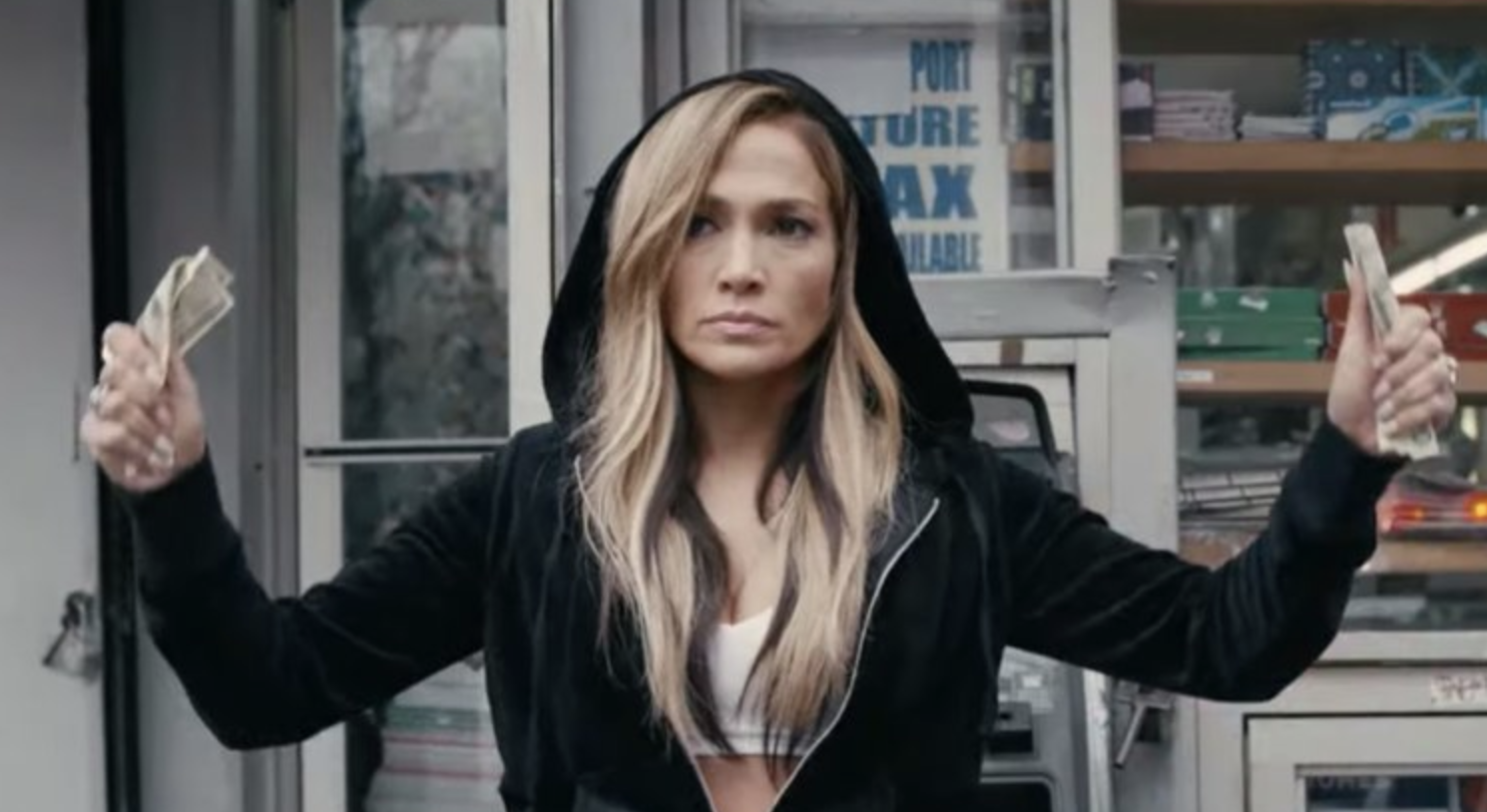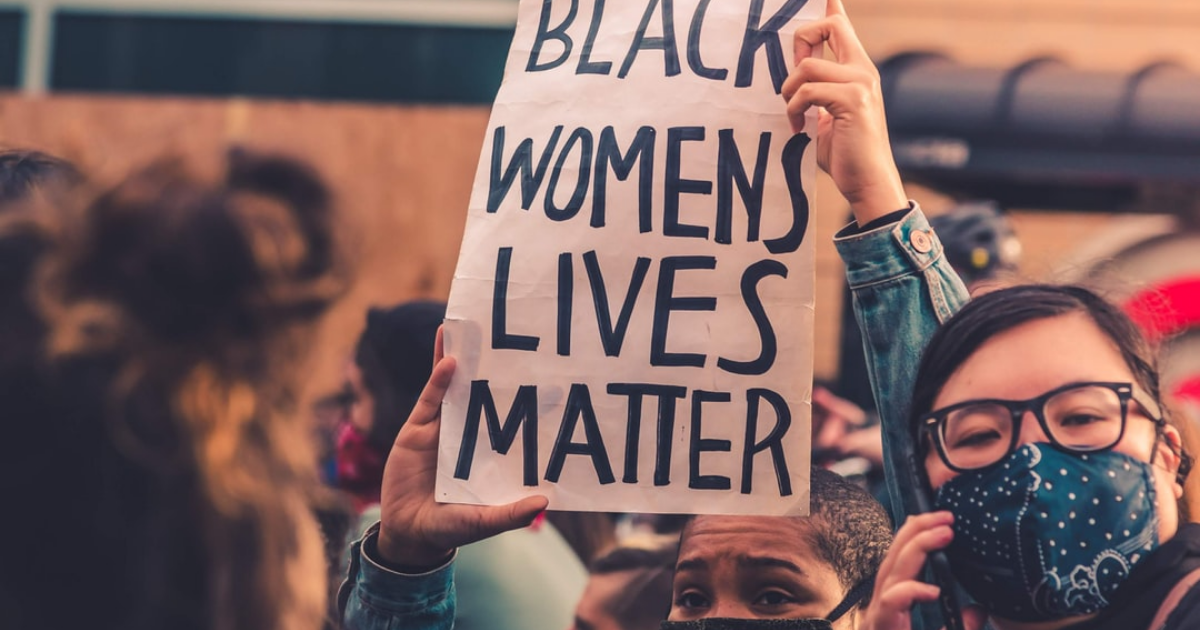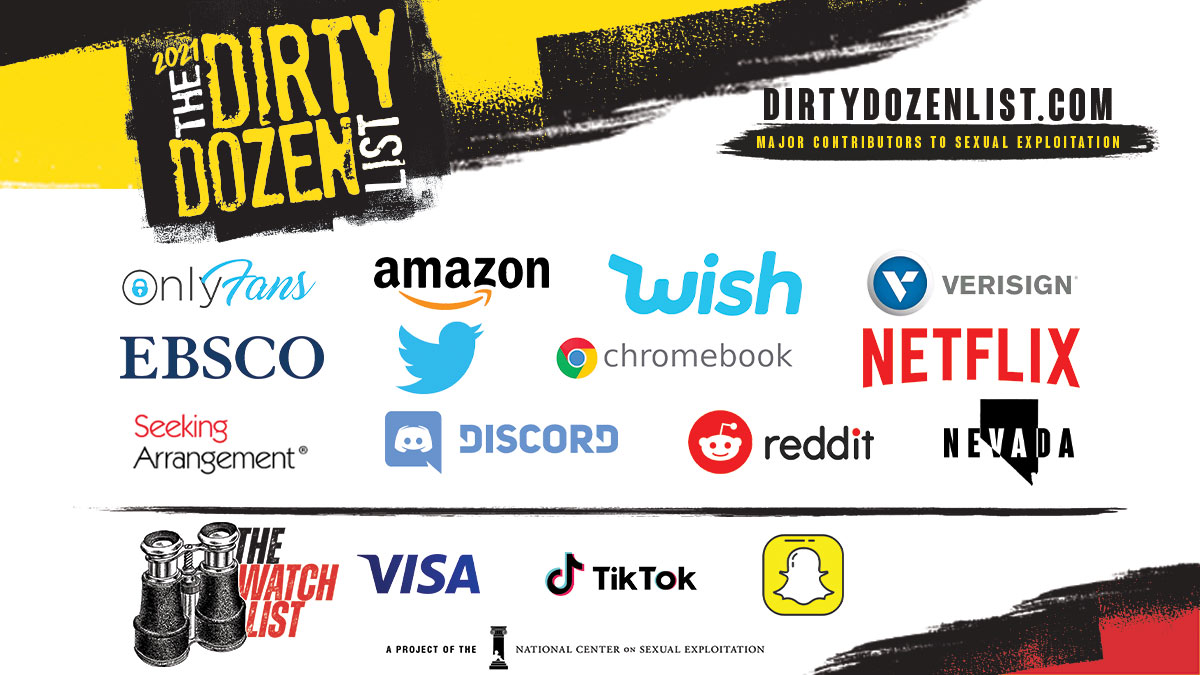It took a lot of work to make the 2021 Grammy Awards show happen amidst myriad COVID-19 complications, but unfortunately the effort was marred by CBS’ decision to green-light sexually regressive and exploitative material in the broadcast. Beyond the troubling implications for families who were watching (a significant audience for the Grammys), the onstage presentations for performers Cardi B—who was joined at one point by Megan Thee Stallion (a performance that was also #1 on YouTube’s Trending List on March 15)—and Dua Lipa highlighted long-standing issues of systemic racial and sexual injustice that still pervade in our society and from which corporations such as CBS (and many others) massively profit.
To be clear, the music industry has long been riddled with and marred by these types of issues. One need only look as far as examples involving individuals such as Justin Timberlake, Miley Cyrus, Adam Levine, and Robin Thicke (to name just a few) to begin to see how pervasive regressive sexual themes can be in the music industry (and the entertainment industry at large).
These systems of exploitation have long marginalized women, people of color, and LGBTQ+ individuals in order to provide “supply” for the sexual demands of the rich, powerful, and privileged. Share on XSex positivity is an important component of sexual freedom and we at the National Center on Sexual Exploitation are dedicated to building a world where no one is sexually oppressed. That is why we believe it is important to understand the oppressive systemic realities behind the imagery CBS presented onscreen during the 2021 Grammy Awards show.
These systems of exploitation have long marginalized women, people of color, and LGBTQ+ individuals in order to provide “supply” for the sexual demands of the rich, powerful, and privileged. Far from empowering, the narrative that it is sexually “liberating” to provide supply for the sexual demand—a narrative perpetuated and normalized in many ways including through popular culture and entertainment—is actually an insidiously subtle affirmation and normalization of long-standing systems of sexual abuse, exploitation, and oppression.
Think about it: as feminism championed the rights of women and the civil rights movement did the same for people of color, many of those who “benefitted” the most from those oppressive systems—a cohort that is predominantly affluent, powerful, and White—only had to slightly tweak their “PR” so they could continue to traffic in and profit from racist and sexist themes through the commercial sex industry. All under the banner of “empowerment.”
How Strip Clubs Create Oppression, Not “Empowerment”
Meagan Tyler, expert in feminist theory and gender inequality, said: “If you allow some women to be bought and sold for men’s sexual arousal or entertainment, then you compromise the position of all women in a community.”
Strip clubs and other “entertainment” clubs are found to create “no-go zones” for women in cities. This means that just having strip clubs in an area creates an environment that women consider to be open to sexual propositions from strangers, being cat-called and harassed while being perceived as strippers or hookers. Women learn to avoid certain parts of the city–especially during the night.
Strip clubs set up a social environment that “fosters male privilege and dominance . . . It’s not just ‘harmless fun’ but a system that legitimizes the larger infrastructures of sexual exploitation and stereotypes oppressing women.”
Stripping and prostitution are never empowering for women, as they set up systems that exploit and oppress women. Share on XAs many as 85% of people in stripping are survivors of sexual violence, reporting experiences of repeated sexual violence or abuse in the work environment. Even more, their experiences in the clubs only lead us to understand that the community and culture outside are affected, and women everywhere are experiencing the negative impacts.
With workplace sexual violence and sexual harassment standards that we expect companies to have in place, how can we validate and normalize strip clubs as legitimate businesses when the “product” they sell is the dehumanized bodies meant for sexual consumption? How can we acknowledge the harms of sex trafficking, sexual violence, and sexual abuse while failing to acknowledge the hosts and perpetuators of such things? Dedicating a primetime TV spot to glamorized depictions of stripping at the 2021 Grammy Awards isn’t just bad taste—it’s dangerous.

The Long and Historic Role of Racism in Sexual Exploitation
It’s important to note that there are myriad diverse, unique, and beautiful cultural perspectives and expressions of sexuality. It’s also important to note that in Western culture the commercial sex industry has long been a haven for racial violence and oppression.
In her more detailed analysis of the history of racism in the sex industry, NCOSE lawyer Christen Price traced issues of race and sexual exploitation from their historical roots in America and their continuation in our modern context:
Under chattel slavery in the antebellum South, enslaved black women were commonly raped by their owners and owners’ friends. Sometimes they were abused so that their forced reproductive labor would produce children that the owner wouldn’t have to bother to buy.
Some women, particularly those who were light-skinned, were sold as sex slaves to white men in the euphemistically-named “fancy” trade. Just outside Washington, DC, Isaac Franklin and John Armfield had the largest, wealthiest slave trading firm in the United States in the 1820s and 1830s. Franklin was one of the main pimps for the New Orleans sex trafficking market. Both men joked in their letters to each other about the women they routinely raped.
…
And race-based sexual exploitation did not end with slavery.
During the Jim Crow era, red light districts were placed in black neighborhoods and segregation did not stop white men from frequenting them. A similar story played out in the North, with Southern black women being promised big city factory jobs and then forced into prostitution when they arrived. This sex trafficking was legal, as black women were unprotected by early anti-prostitution laws.
…
Race-based sexual exploitation and violence continues today.
Those sold in prostitution are disproportionately women and girls of color and those buying prostituted people are disproportionately white men. Survivor-leader Vednita Carter notes that strip clubs and massage parlors are “typically zoned in Black neighborhoods” and white men still go to them to buy sex.
According to Rights4Girls, 52% of children trafficked for sex in King County, Washington, are black and 84% are girls – even though “Black girls only comprise 1.1% of the general population.” Similarly, in South Dakota, Native people comprise 8% of the population, yet 40% of sex trafficking victims are Native women. In Louisiana, 49% of sex trafficking victims are black girls (who only make up 19% of the state’s youth).
Relatedly, girls of color are disproportionately represented in the criminal justice system, often as a direct result of sexual abuse. Girls of color are often arrested because someone is prostituting them when they should be treated like child sex trafficking victims. They are also charged with truancy after running away from abusive homes. In South Carolina, 81% of girls in the juvenile justice system are victims of sexual violence. The same is true for 76% of girls in Oregon’s juvenile justice system.

Dr. Carolyn West, a powerful leader who has been outspoken on these issues, put it this way in a joint op-ed on racism and pornography that she wrote with Gail Dines in mid-2020 as the pornography industry was cashing in on America’s racial tensions:
The pornographic images that meld the racial with the sexual breathe new life into old stereotypes that circulate in mainstream society. While these stereotypes are sometimes a product of the past, they are reinforced in the present every time a user masturbates to them. They’re a powerful way to disseminate and amplify racist ideology, as they not only display the supposed sexual debauchery of Black people but also feed white fears of Black people as a dangerous and predatory group to be controlled, policed, incarcerated, and shot to protect white innocence. As one white man who self-described as “racist” wrote on irmovement.com, a site where fans post about their fondness for interracial porn, “most racists do fear blacks”—“they see the black tendency for group violence. This fear builds up into anxiety and eventually all of that anxiety and fear needs an outlet.”
The commercial porn industry and its biggest vessels like Pornhub have been given a pass to harness overt racist ideologies that would immediately be called out should they appear in any other media. For too long, the industry has used the mask of liberated sexuality to shield its racist imagery and hateful ideology, which would not be tolerated elsewhere. As we see Black men and women continuously die as a result of this manufactured “fear,” the industry must be held accountable for its role in profiting from the use of racist tropes that put at risk the lives of all Black people. [Source: Slate.com]
Understanding and celebrating unique cultural representations and expressions of sexuality is important. But normalizing oppressive systems of sexual abuse and exploitation such as strip clubs and prostitution, as the 2021 Grammy Awards Show did, is decidedly not that. Instead of empowerment, CBS allowed the propagation of regressive themes that reinforce and normalize racial and sexual injustice.
The commercial sex industry has long been a haven for racial violence and oppression. Share on XThe Anti-Feminist Basis of Pornography and the Commercial Sex Industry
The destructive nature of the commercial sex industry is not “limited” to racist material. It is also predicated on the degradation and harm of women.
In spite of the research and data that present a resounding “no” to the question of whether it’s even possible to create so-called “feminist pornography,” proponents of pornography and the commercial sex industry still attempt to say otherwise.
Writing in counter of these types of regressive talking points, Price put it this way:
Feminists want violence against women to be unthinkable, not sexy. Yet there’s a cultural trend attempting to connect all kinds of dangerous, male-dominant practices such as prostitution and pornography to feminism.
Andrea Dworkin once wrote: “For a woman, love is defined as her willingness to submit to her own annihilation.” Substitute “love” for “empowerment” and you have the core of what often passes for feminism today: Anything can be feminist, or empowering for women, if they choose it—especially if it has to do with sex.
Behind this idea is the fallacy that you can neutralize a dangerous dynamic by “eroticizing” it.
…
Sexualizing violence isn’t a tactic for flipping the script on, reducing, or condemning violence against women—it’s a tactic for justifying it.
…
Feminism is a concept with content – it’s a political commitment to women’s equality in the face of male dominance. That’s what it is. You can’t slap the feminist label onto a misogynist practice and magically change the nature of that practice.
As we hope is becoming increasingly clear, the destructive and degrading natures of stripping and prostitution cannot magically become “empowering” just because someone glamorizes them in mainstream mediums of entertainment such as movies or music videos or the 2021 Grammy Awards. We wouldn’t buy that false narrative for other forms of exploitation and abuse, would we? So why does anyone accept it in these contexts?

What It Means to Eradicate Sexual Oppression and Build a World Free from Sexual Abuse and Exploitation
Highlighting the problems with what happened at the 2021 Grammy Awards is not about shaming Dua Lipa, Cardi B, or Megan Thee Stallion. That would be unhelpful and, furthermore, misses the broader point. What it is, rather, is an opportunity to expose the systems that perpetuate and profit from narratives that prop up the sexual exploitative demands for the bodies of others that are generated by the privileged.
When will the world realize that, when it comes to fighting sexual injustice, that we must directly confront and challenge these harmful false narratives?
At the National Center on Sexual Exploitation, our work is premised on Abolitionist principles. This means we:
- view the commodification of people for sex as inherently harmful,
- support laws which seek to decrease and ultimately end demand by strongly penalizing those who pay to use the bodies of other people for sex,
- work to create robust services for those seeking freedom from organized systems of sexual exploitation,
- prevent sexual exploitation by opposing policies and reforming systems which facilitate harm, and
- support legal reforms that decriminalize victimization.
If we are to build a world free from sexual abuse and exploitation, we as a society have to take the role of sexual abuse and exploitation—as well as the systems that perpetuate and profit from it—seriously.
Calling out oppressive and regressive themes being perpetuated by the affluent and powerful—including corporations like CBS when they do it through shows like the 2021 Grammy Awards—that control so much of our culture cannot be dismissed as “moralistic hand wringing.” It is a matter of exposing and eradicating systems of injustice.
It is a matter of human rights.
Instead of empowerment, @CBS and the 2021 Grammy Awards propagated regressive themes that are detrimental to progress in fighting racial and sexual injustice. Share on X


